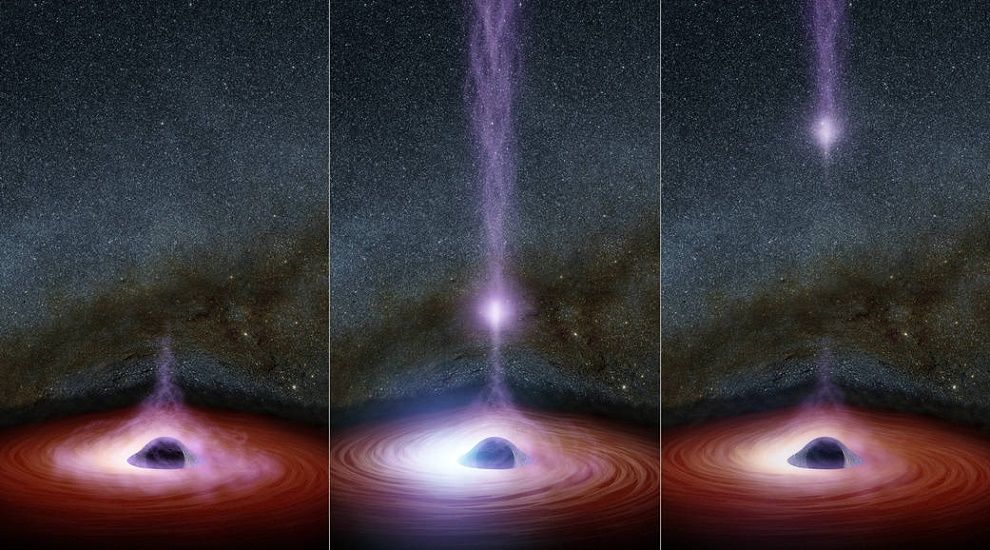The next step was to then look a bit more closely at the host galaxy. In this case, the scientists found that there was a persistent radio source in the galaxy. If it had been an afterglow, it should have faded away rather than continuing as the scientists observed.
“What the other team saw was nothing unusual,” said Edo Berger, one of the researchers involved in the new study. “The radio emission from this source goes up and down, but it never goes away. That means it can’t be associated with the fast radio burst.”
So what did the emission come from? It was likely from an active center of a galaxy. This center is powered by a supermassive black hole, similar to our own Milky Way galaxy. Twin jets shot out from the black hole, and can create a constant source of the radio waves that the researchers spotted.










Comments are closed.